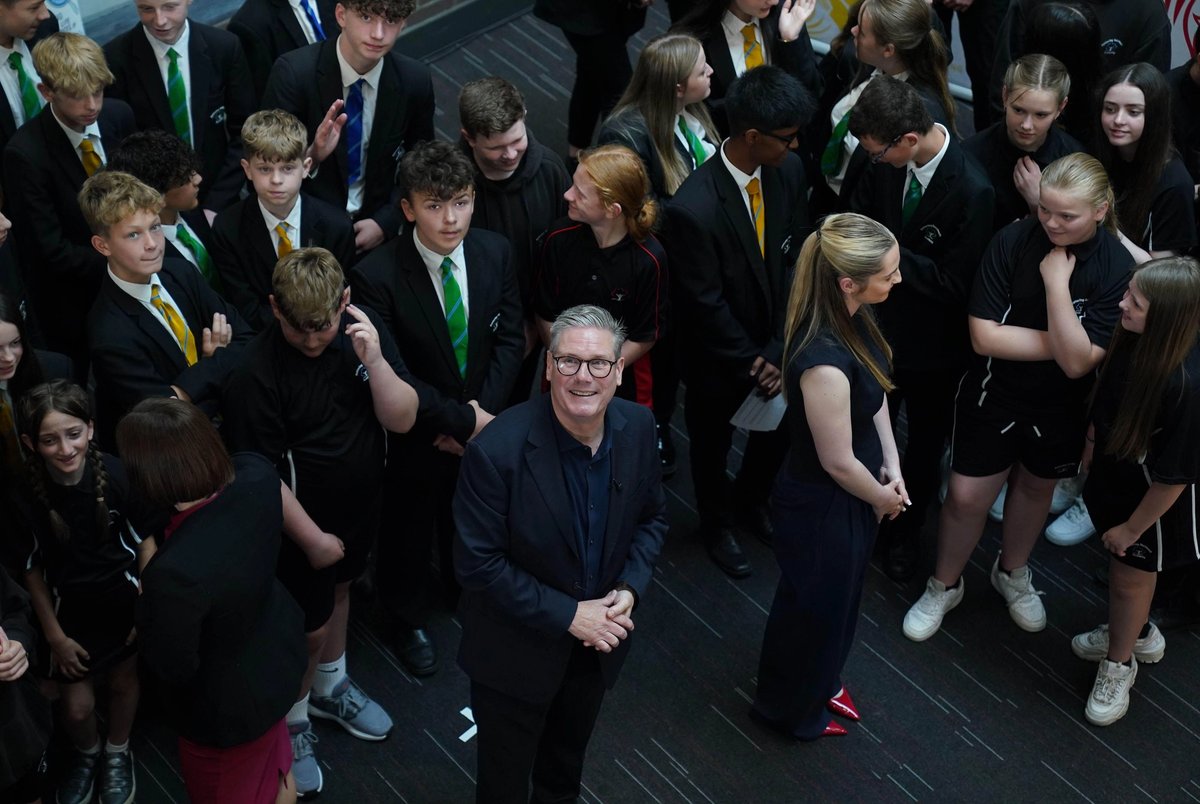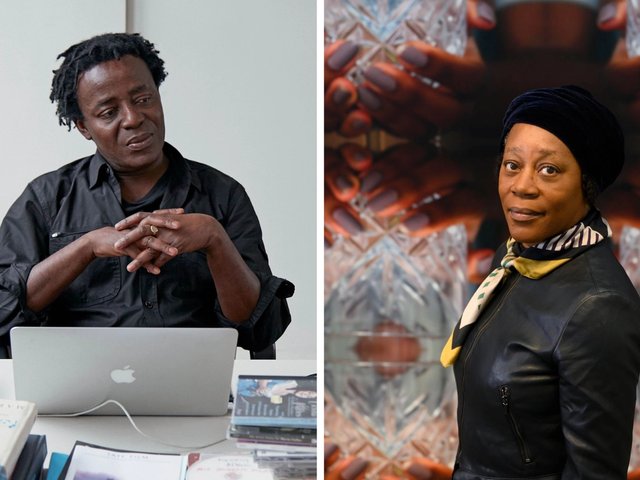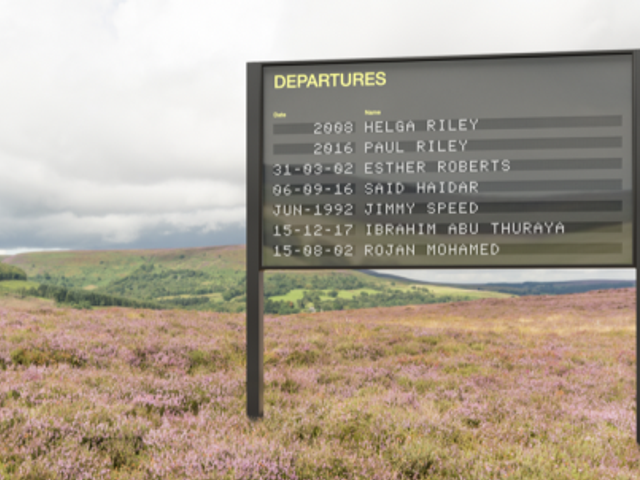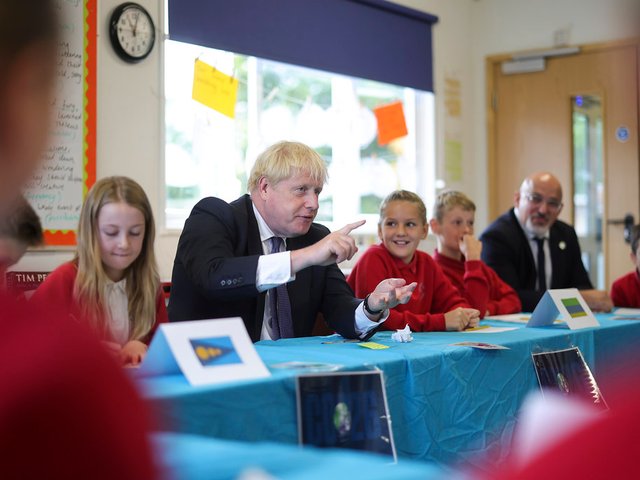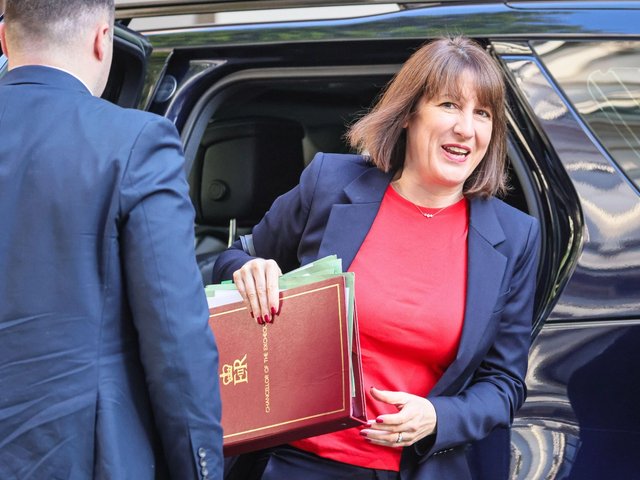Twenty one UK visual arts organisations have issued a collective manifesto calling on the future government of the United Kingdom to back the country’s ailing visual arts sector after the 4 July general election. The organisations—which include DACS, Contemporary Visual Arts Network, Art Fund, Gallery Climate Coalition, Crafts Council and A-N—are calling for more investment in creative education in schools, closer links to Europe and protecting free entry to museums and galleries.
The signatories have collectively outlined “a roadmap to sustain the visual arts for the long term”, says the joint manifesto. “Our galleries, studios, museums and visual artists face significant challenges that hinder their ability to survive and thrive,” adds the manifesto, which highlights the “critical role of the visual arts in the UK’s £126bn creative industries”. The call to action also underlines that the UK art market, according to the British Art Market Federation, is worth £9.7bn, while stressing that artists from Banksy to Tracey Emin “are instrumental in shaping the UK’s global recognition and soft power”.
The joint document proposes integrating “visual literacy into the national curriculum at Key Stage 2, ensuring every schoolchild visits a cultural organisation every year”, among other proposals. “Review the national curriculum, increasing the availability of creative subjects and reform the EBaccalaureate [academic qualification] to include them to ensure the pipeline of skills and knowledge,” say the organisations.
Last year Sally Bacon, the former director of the Clore Duffield Foundation, wrote in a piece for The Art Newspaper that “the top-level finding [of The Arts in Schools: Foundations for the Future report] is the lack of value ascribed to the arts within the state education system in England, with the arts disadvantaged at every stage, and that access to the arts can therefore no longer be assumed in either the primary or secondary system.”
Another proposal in the manifesto involves establishing a Smart Fund aimed at creating new collective licensing revenue for artists, writers, performers and directors when copyright-protected works are created, shared, or distributed, across digital devices.
The organisations also want to appoint a “freelancer commissioner” to advocate for the needs and interests of freelance visual artists and creative workers (both this and the Smart Fund policy were recently put forward by the Culture, Media, and Sport Committee in their Creator Remuneration report published in March). Long-term goals should meanwhile focus on incorporating exhibition payments into copyright law and providing financial stability for disabled artists, says the manifesto.
Under a section entitled “recognising the international power of UK visual arts”, the manifesto calls for freedom of movement for artists and other creative workers within the European Union. Rejoining the EU’s Creative Europe programme, which awarded €89.5m to UK-based creative organisations between 2014 and 2018, is another objective.
Finally, more investment is needed for visual arts spaces to thrive, says the manifesto. Retaining and expanding the Museum Gallery Exhibition Tax Relief to include performance and live art, digital online exhibitions, sales of work, educational activity is key, says the joint plan. Affordable studios should also be on the agenda, it says, along with exploring the potential of a Tourist Levy to fund culture. “Any income generated through it [should] be ring-fenced for investment in arts organisations and cultural projects, both of which drive tourism,” states the manifesto.
The main political parties outlined their plans for the UK cultural sector earlier this month in their respective manifestos.
But some commentators have criticised the culture policies put forward by the two main parties. Writing in The Telegraph, the arts columnist Ben Lawrence says: “In the Conservative document [manifesto], we don’t get to the creative sector until page 69, in the penultimate section, and they lead with a nebulous promise about a dedicated apprenticeship scheme… Labour fare slightly better, given that they’re committed to children studying creative subjects until they are 16, and plan a National Music Education Network, which will offer information on courses for parents and children. But their manifesto is light on detail.”
In the Evening Standard, the columnist Anne McElvoy wrote: “Despite having covered the campaign trail over the last month, I had not heard any senior figure give any detail or signal enthusiasm for the place of the arts and culture in the great national reboot.”


